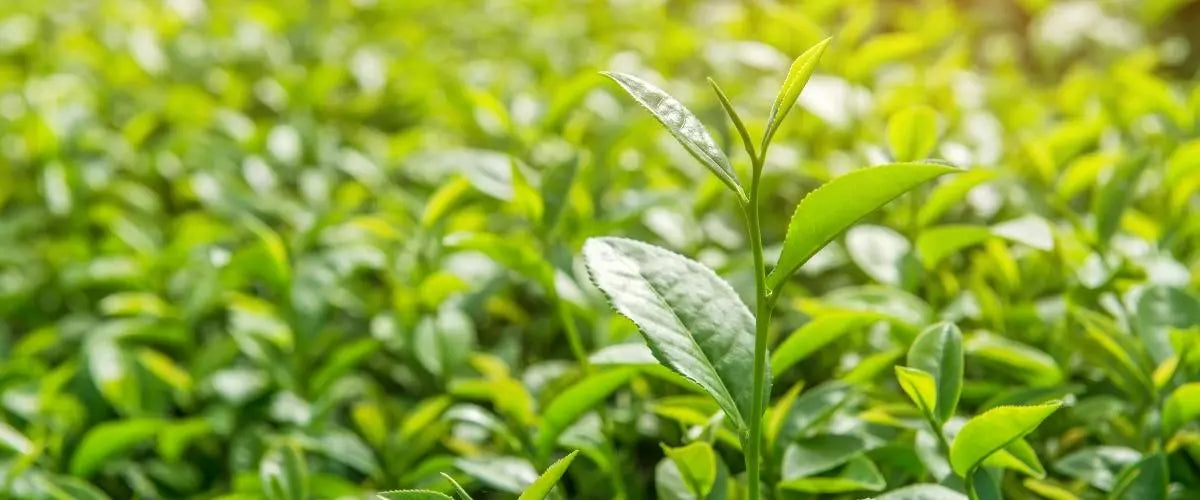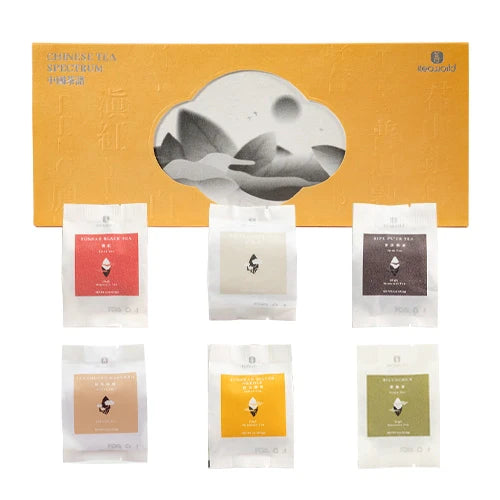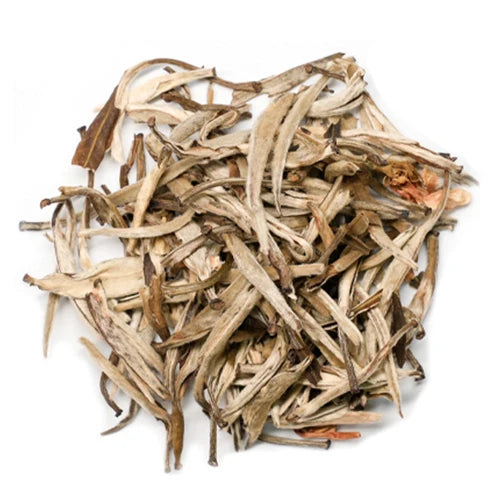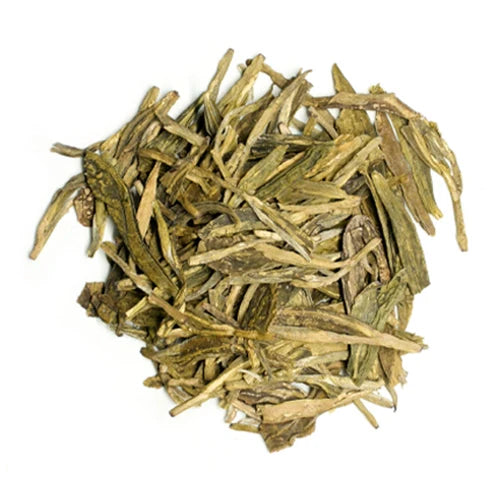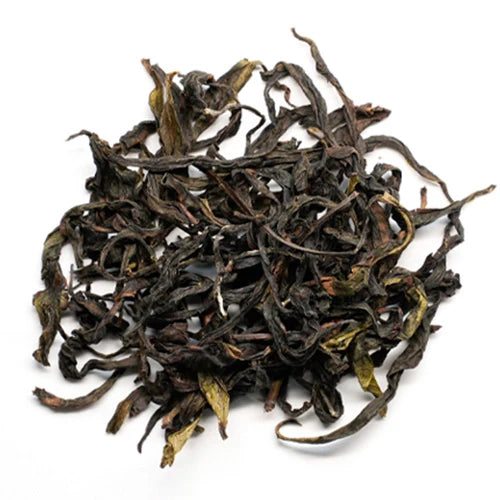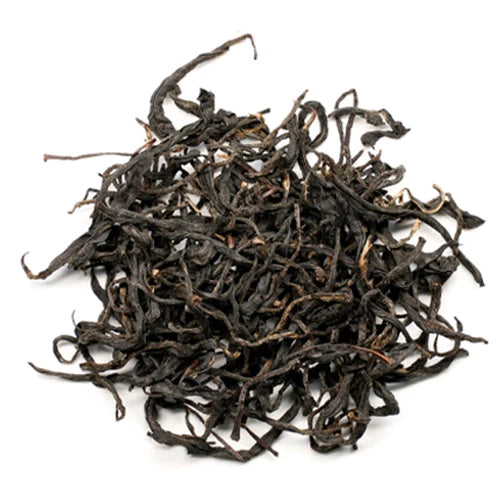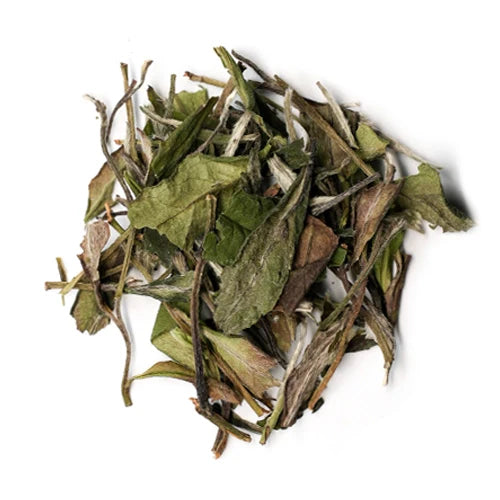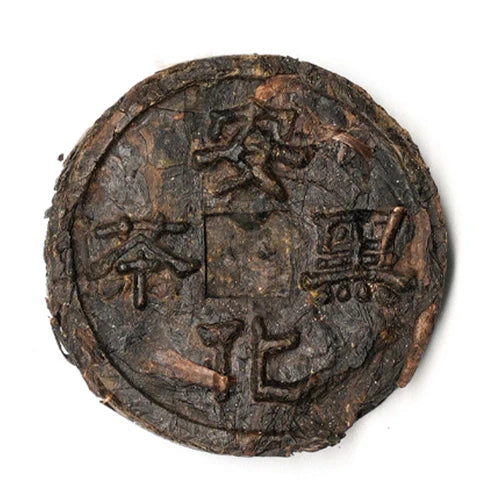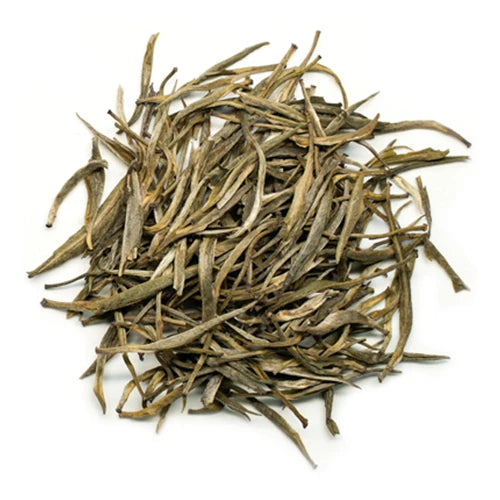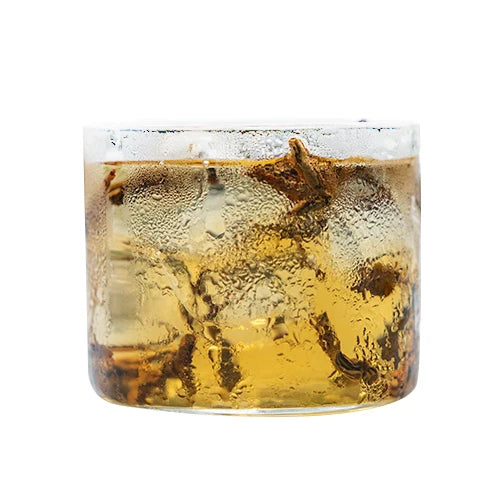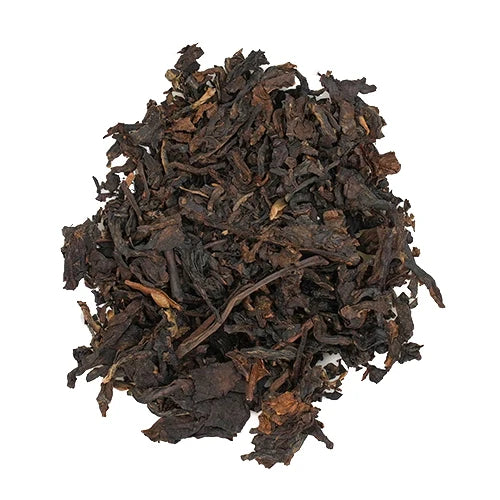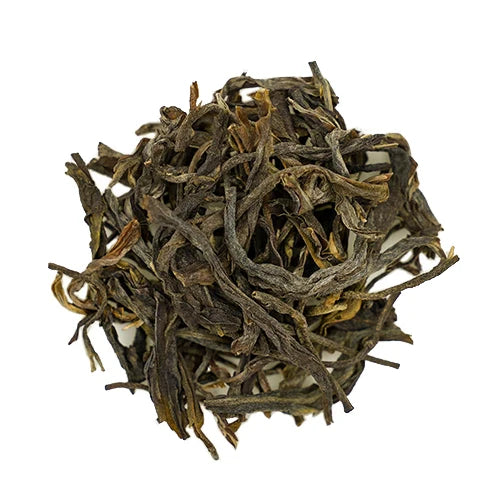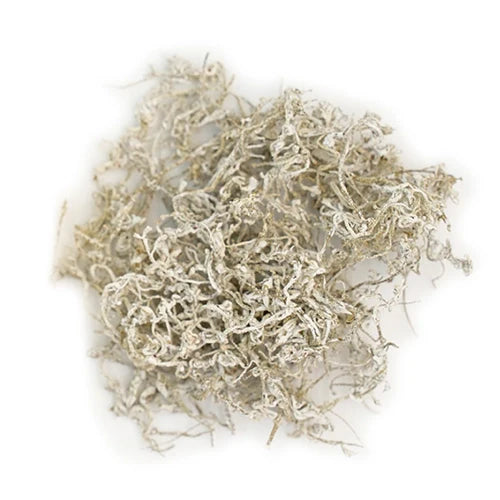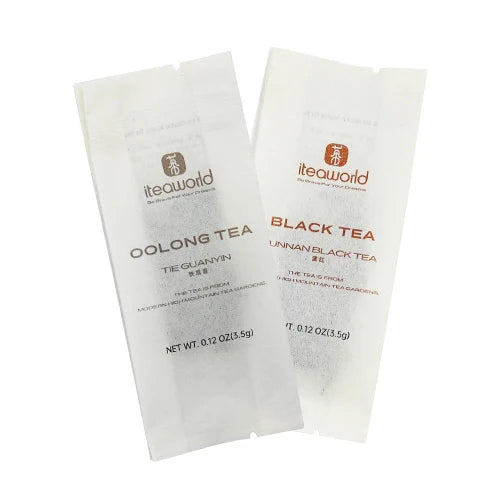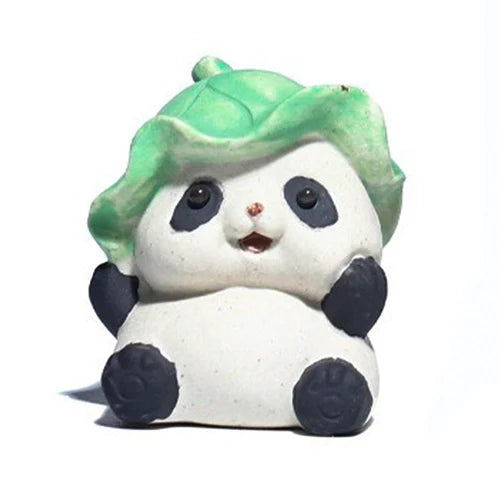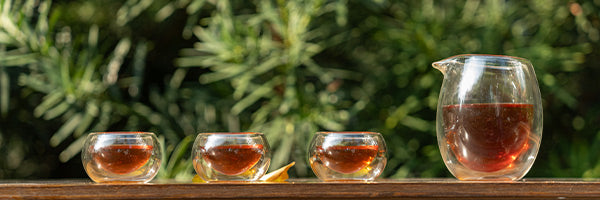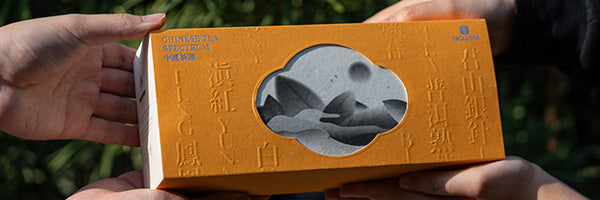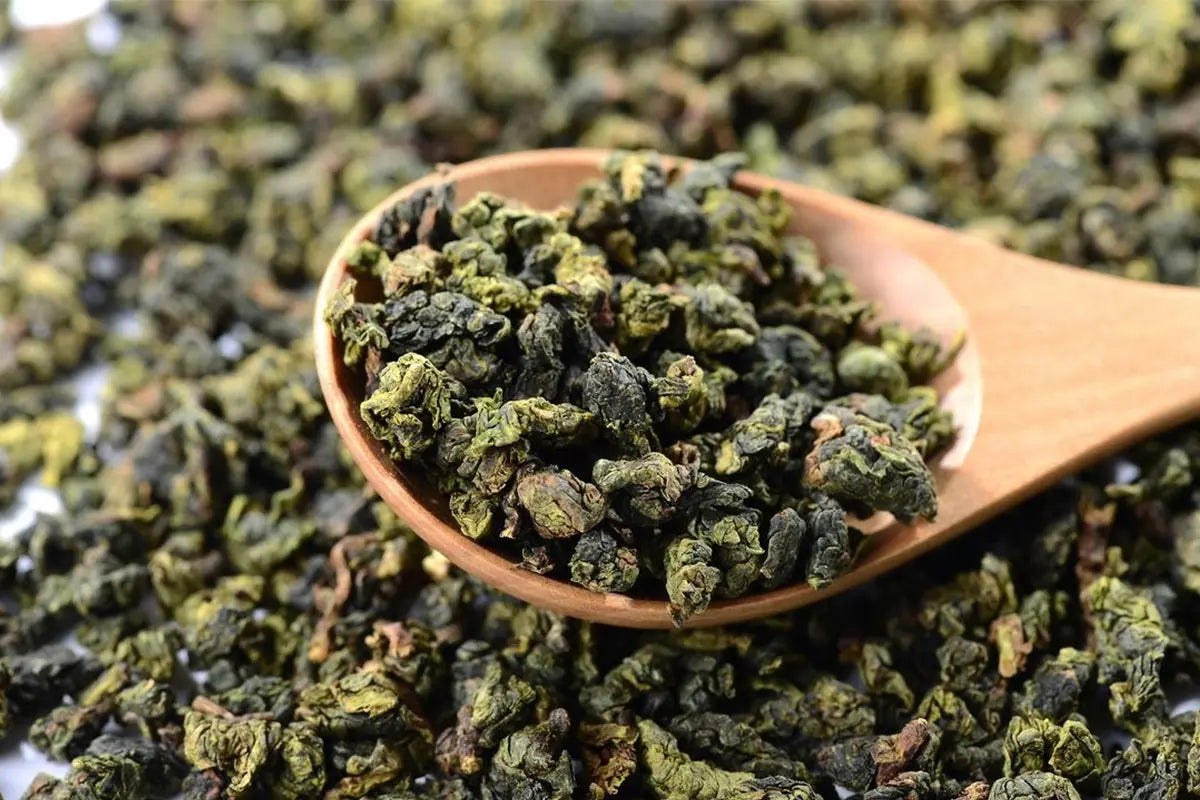About TieGuanyin
TieGuanyin is not only the name of a type of tea but also the name of a tea tree variety. Its name, translating to "Iron Goddess of Mercy," reflects its heavy and iron-like appearance with a beautiful and profound inner essence. Originating in Fujian province, China, TieGuanyin is often referred to as "Anxi TieGuanyin" due to its production in the Anxi County.
As one of the top ten famous teas in China, TieGuanyin is a semi-oxidized tea belonging to the category of loose leaf oolong teas among the six major tea types. The oxidization level of TieGuanyin falls between that of loose leaf black tea and loose leaf green tea, combining the mellow sweetness of loose leaf black tea with the refreshing qualities of loose leaf green tea.
TieGuanyin has a moderately balanced nature, making it suitable for consumption throughout the year. Whether one is seeking quality or aiming to experience the unique tea culture, savoring an authentic cup of TieGuanyin is a delightful journey into the world of tea.
Find more loose leaf oolong tea with our Oolong Tea Sampler.>>>
Three Types and Flavors of TieGuanyin Tea

TieGuanyin tea can be categorized into three types based on the production process: Light Aroma TieGuanyin, Strong Aroma TieGuanyin, and Aged Aroma TieGuanyin. Discovering the suitable type of TieGuanyin for oneself can be achieved through tea sampler.
Light Aroma TieGuanyin
Modern Light Aroma TieGuanyin is produced using a less common light oxidication method. Over-oxidization can result in tea deterioration, compromising the "light" essence of TieGuanyin.
The most distinctive feature of Light Aroma TieGuanyin is its "light" quality. Its fragrance is subtle, lingering like the faint scent of orchids.
Light Aroma TieGuanyin has a sharp and clear taste, with a refreshing aftertaste. Drinking it provides a stimulating and sharp sensation on the mouth, tongue, teeth, and gums. The tea liquor is clear green, bright and transparent, with a tender yellow-green hue reminiscent of endless spring beauty, making it truly captivating.
Strong Aroma TieGuanyin
Differing from the Light Aroma type, the processing of Strong Aroma TieGuanyin involves a more intricate technique, often achieved by repeatedly roasting the Light Aroma TieGuanyin. The baking temperature must be strictly controlled within the range of 55-65°C, with each roasting session lasting 5-7 hours. Precision in controlling the fire and timing is crucial, and high-quality Strong Aroma TieGuanyin may even undergo three days and nights of meticulous baking.
Compared to the Light Aroma TieGuanyin, the Strong Aroma type has a more pronounced flavor, richer aroma, and fuller taste. The dry tea leaves have a lustrous dark color, exuding a delicate and lingering fragrance that is both intense and enduring, capturing the essence of Guanyin.
Brewing a cup of Strong Aroma TieGuanyin fills the room with fragrance even before sipping. The tea liquor takes on a deep golden or orange hue, and with a gentle sip, a sweet floral aroma rushes to the forefront, as if opening the gateway to a new world. Its taste is rich, smooth, and sweet, leaving a soft and lingering aftertaste, embodying the divine charm of Guanyin.
Aged Aroma TieGuanyin
Similar to Pu-erh tea, the longer TieGuanyin ages, the higher its value becomes. Aged Aroma TieGuanyin, having undergone the passage of time, gradually develops a milder character with anti-inflammatory, digestive, and stomach-regulating properties.
Due to its limited quantity, Aged Aroma TieGuanyin remains a relatively niche product. High-quality Aged Aroma TieGuanyin must meet the following three criteria:
Firstly, the tea liquor should be "clear." The aged tea exhibits a bright orange-red color, with soft and shiny tea leaves at the bottom, providing a pure and clear taste without impurities.
Secondly, the taste should be "sweet." Aged tea boasts a rich and mellow flavor, offering a clear, sweet aftertaste that lingers.
Thirdly, the mouthfeel should be "lively." Aged tea is smooth and refreshing on the palate, generally lacking any sharp or irritating sensations.
In addition to TieGuanyin, China has many classic loose leaf tea worth exploring. Feel free to visit iTeaworld to explore and discover the best loose leaf tea that suits your taste.
How to Brew TieGuanyin? — Simple Steps
TieGuanyin, often hailed as the "Tea King" among loose leaf oolong tea, features robust and tightly curled leaves, promising a rich and full-bodied aroma with a crisp and refreshing taste when brewed.

Here are the simple steps for brewing:
Preheat the Teacup: Boil water, as TieGuanyin requires boiling water for brewing. Preheat the teacup by pouring the boiling water into it.
Rinse the Tea: Take 7-8g of tea leaves and place them in a lidded bowl. Add water to rinse the tea quickly, aiming to remove any impurities without extracting the tea flavor.
Brew the Tea: Discard the water used for rinsing the tea. Pour boiling water along the inner walls of the lidded bowl, ensuring a thorough infusion. Use the lid or a utensil to gently remove any floating white foam, maintaining a clean and fresh brew.
Serve the Tea: After brewing for 3-4 seconds, pour out the tea. TieGuanyin emphasizes the separation of tea leaves from the tea liquor for a refined drinking experience.
Health Benefits of TieGuanyin
In addition to its unique taste and aroma, TieGuanyin also offers various health benefits.
Mental Alertness
TieGuanyin contains components such as caffeine and theophylline, which can stimulate the central nervous system, promoting mental alertness, increased vigilance, and enhanced attention.
Antioxidant and Anti-Aging Properties
TieGuanyin is rich in tea polyphenols and vitamin C, among other antioxidants. These substances help eliminate free radicals in the body, slowing down the aging process of cells.
Blood Pressure and Lipid Regulation
The tea polyphenols in TieGuanyin can lower cholesterol and triglyceride levels, improving lipid profiles. Additionally, TieGuanyin has been observed to have a blood pressure-lowering effect, offering certain health benefits for individuals with hypertension.





